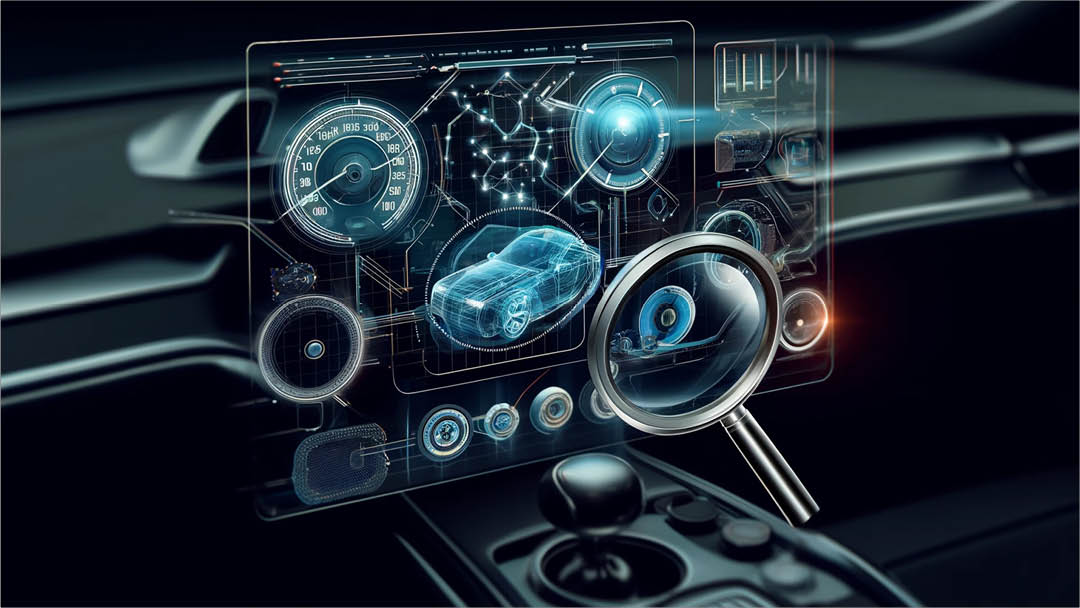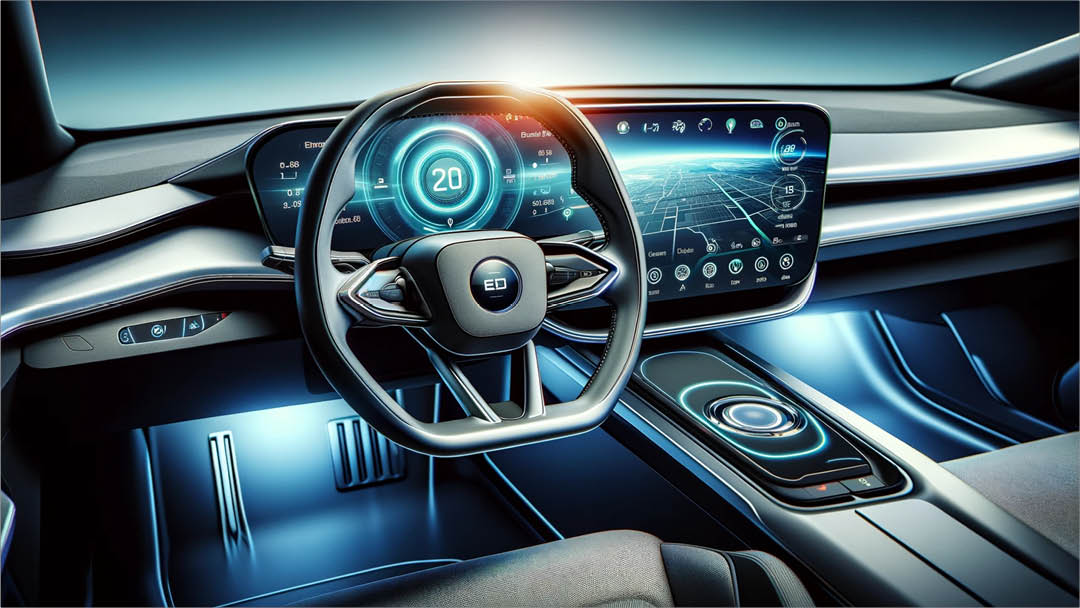In Brief
- E-mobility platforms are reshaping the automotive industry.
- Advanced fleet management features maximize efficiency and help achieve environmental goals.
- Platforms streamline the EV charging experience, easing concerns, and expanding infrastructure access.
- Data insights, V2G technology, and robust security are essential components of successful platforms.
- E-mobility platforms deliver advantages for OEMs, fleets, charging providers, and individual consumers.
The world is witnessing a seismic shift towards electric vehicles (EVs). As governments incentivize EV adoption and consumers demand cleaner transportation, the automotive industry is rapidly pivoting to meet the needs of this e-mobility revolution. At the heart of this transformation lies a critical component: advanced e-mobility platforms.
Acsia understands that e-mobility platforms do far more than simply manage vehicles and charging. They’re the digital backbone that connects automakers (OEMs), fleet operators, charging providers, and individual EV owners within a powerful, data-driven ecosystem. Let’s explore why these platforms are crucial and the exciting features they offer.
Fleet Telematics: Optimizing Performance and Efficiency
For fleet operators, e-mobility platforms enable a level of real-time insight and predictive maintenance that was simply not possible with traditional fleets. Real-time data acquisition, live dashboards, and smart alerts mean managers can track vehicle health, driver behaviour, and optimize routes to reduce costs and improve service delivery. Features like over-the-air (OTA) updates allow for software upgrades and bug fixes with minimal downtime, ensuring fleets are always running the latest, most efficient versions.
Beyond operational advantages, telematics data from e-mobility platforms contributes to sustainability goals. By analysing driving patterns and energy usage, fleet managers can identify areas for improvement, potentially leading to reduced emissions and a smaller carbon footprint.
Charge Pro: A Seamless Charging Experience
For EV drivers and charge point operators (CPOs), a top-notch e-mobility platform means a stress-free charging experience. Imagine tools for locating stations, planning routes based on vehicle range, and utilizing versatile payment methods. White-labelled solutions allow CPOs to customize their interface, while features like carbon credit tracking and loyalty programs build customer engagement and incentivize a greener driving lifestyle.
Cutting-edge e-mobility platforms are even starting to incorporate V2G (Vehicle-to-Grid) technology. With V2G, EVs can act as distributed energy storage units, feeding back into the power grid when needed. This potentially opens up new revenue streams for businesses and vehicle owners alike while helping to stabilize the grid, especially during times of peak demand.
Challenges and the Role of E-Mobility Platforms
Despite rapid growth, the e-mobility sector faces challenges:
- Range Anxiety: A key concern for consumers, this issue is being tackled through platform features like intelligent route planning those factors in real-time charger availability, topography, and vehicle energy consumption patterns. E-mobility platforms can help alleviate range anxiety by providing reliable information and making the charging experience as seamless as possible.
- Charging Infrastructure: E-mobility platforms play a vital role in addressing the need for a widespread charging network. Using data insights, CPOs can optimize network expansion ensuring new chargers are installed strategically in high-demand areas. Platforms enable communication between stations and vehicles, streamlining the process and enhancing user experience.
- Data Management and Security: With large amounts of vehicle and user data generated, platforms must prioritize robust security measures to maintain the trust of consumers and businesses. Top-tier platforms implement strict encryption protocols, access controls, and regular vulnerability testing to safeguard sensitive information.
The Benefits for Businesses and Consumers
The advantages of e-mobility platforms extend across the automotive landscape. Here’s what stakeholders gain:
- OEMs: Unlock new revenue streams with subscription-based features, data insights, and improved customer relationships.
- Fleet Operators: Achieve cost savings, improve operational efficiency, and meet sustainability goals.
- Charge Point Operators: Expand customer base, increase utilization, and streamline charging network management.
- Consumers: Enjoy a seamless EV driving experience with convenience and value-added services.
Acsia: Driving E-Mobility Innovation
At Acsia, we’re passionate about helping businesses navigate the exciting world of e-mobility. Our advanced platform is designed to empower OEMs, fleets, and the entire charging ecosystem with smart, connected solutions. Through seamless integration, a focus on customer experience, and a commitment to innovation, we’re helping to accelerate the future of transportation.
Ready to embrace the power of e-mobility? Explore Acsia’s comprehensive solutions and see how we can transform your business. Visit our website to learn more and schedule a personalized consultation.










